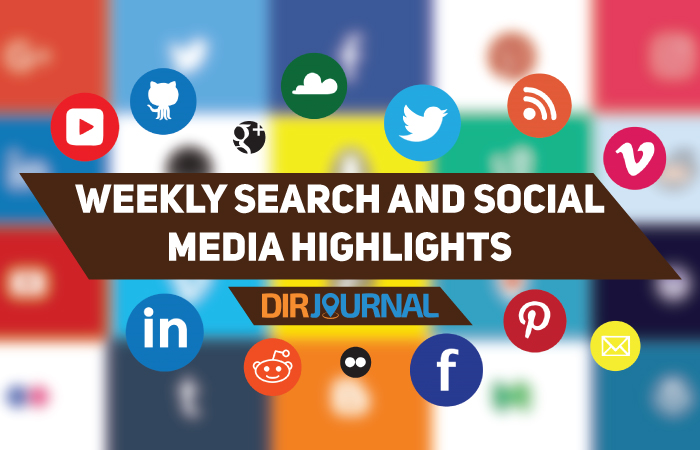Here’s some of what happened in the search engine and social media industries from 1st to 7th February 2020.
1. Facebook to shut down mobile web arm of Audience Network
Facebook recently confirmed that it plans to shut down the mobile web arm of Audience Network effective 11th April 2020. Although the exact rationale for the decision remains unclear, some sources claimed it was prompted by web browsers’ recent changes to throttle cookies in the mobile web sphere alongside data regulations and brand safety issues.
Facebook launched its Audience Network in 2014 for advertisers to extend their ad campaigns to a network of third-party apps. The service was expanded to include mobile websites in 2016. Noteworthy clients include TikTok and Tinder, to name a few.
[source]2. Twitter will ban ‘deceptive’ and ‘harmful’ media
Twitter recently announced that it will ban fake pictures, video and other media which are ‘deceptively shared’ and pose serious safety risks. The new policy on synethic and manipulated media will allow Twitter to label some tweets as “manipulated media”, if it finds the content suspicious. Implementation will begin effective 5th March 2020.
Any content that has been spliced, clipped or overdubbed to mislead audience will not be banned outright but labelled as “fake” with added context for the general public.
[source]3. Snapchat launches ‘Bitmoji TV’
Snapchat recently launched Bitmoji TV, a fully-animated show featuring Snapchatters and their friends. It is a form of personalised entertainment which puts users and their friends in a TV show from a specific genre for a unique experience.
Bitmoji TV is a Saturday morning satire show which will feature comedians such as Andry Richter, Riki Lindhome and Jon Lovitz. It follows the the success of Bitmoji Stories which was launched in November 2018.
[source]4. YouTube will ban misleading election-related content
YouTube announced it would remove misleading election-related content that can cause “serious risk of egregious harm”. The plan was rolled out on the day of the Iowa caucuses. Leslie Miller, Vice President of Government Affairs and Public Policy at YouTube, said that the platform would enforce its policies “without regard to a video’s political viewpoint”.
Some of the content which would be banned includes videos which give users wrong voting dates or spread false information about participating in the census. Also, videos promoting falsehood against a political candidate’s citizenship status or eligibility would be removed.
[source]5. TikTok testing profile redesigns to mimic Instagram
Chinese-origin social media giant TikTok is testing a user profile redesign which would make it very similar to Instagram. The new design would shift avatars and follow count to the left side and place more emphasis on user bios. A spokesperson for TikTok confirmed the development to The Verge.
If TikTok succeeds in implementing the Instagram-like UI, it could prompt other social networks to follow suit.
[source]






